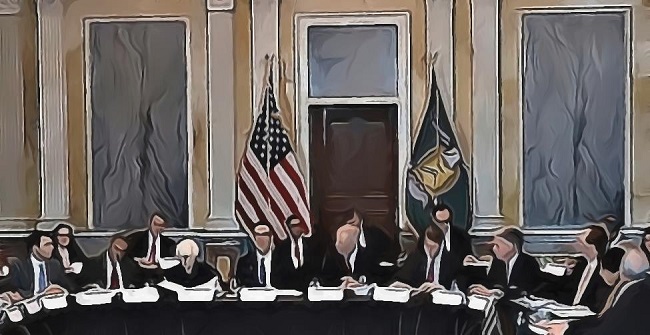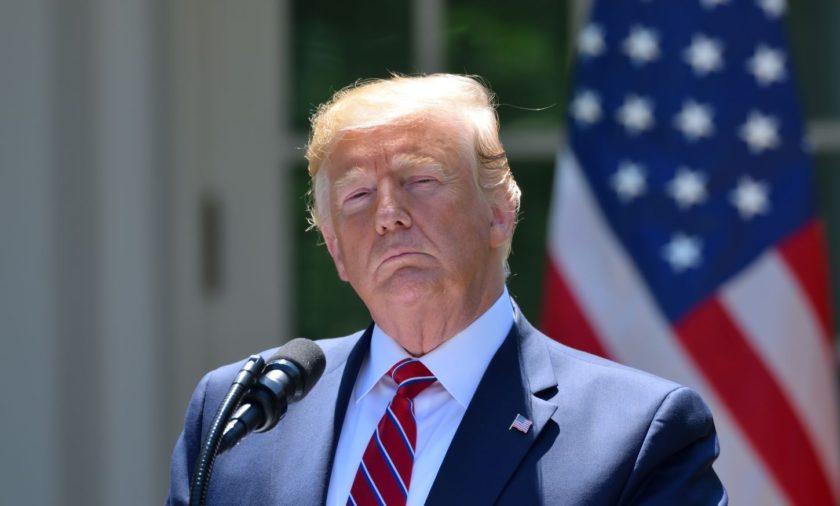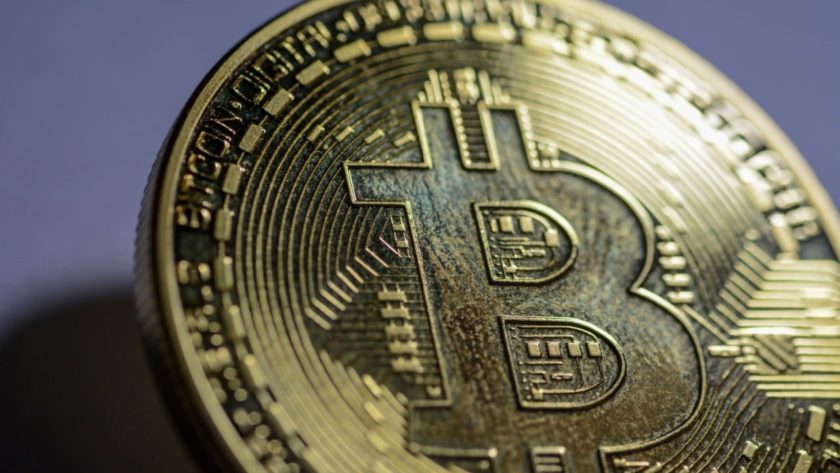On December 4th, the financial regulator the Financial Stability Oversight Council (FSOC) published an annual report for the year 2019. The report mainly focuses on the popularity of stablecoins and problems rising as these crypto assets expand over a wider range of potential consumers.
In the report, a panel of top financial regulators in the United States, which was set up and also included Treasury Secretary Steven Mnuchin and Federal Reserve Chair Jerome Powell, cautions the public about the supposed risks of cryptocurrencies and urged state and federal officials to take into account the intensity of the issue.
Among the panel there were also FSOC voting members present that consisted of the Securities and Exchange Commission (SEC) Chair Jay Clayton and Commodity Futures Trading Commission Chair (CFTC) Heath Tarbert.
In the report published, the regulators insist that alongside the stablecoins’ wide adoption as means of transaction for common uses, any disturbance to this stablecoin systems could result in major consequences to the whole economy. It suggests that regulators should analyze the current digital asset regulation (or lack thereof) and estimate their anticipated risks as necessary.
The FSOC also claims that Bitcoin(BTC)trade, the most popular cryptocurrency, part of the problem; previously, Secretary Mnuchin has expressed aversion regarding Bitcoin and declared it as passing fad. Additionally, the FSOC also expressed hesitation regarding distributed ledger technology (DLT), which is essentially a synonym of blockchain technology nowadays. The report states that the success of the technology is not reliable and that it has not lived up to the promised benefits and the expected efficiency gains.
Crypto Poses Threats and Risks, But Not All Agree
The panel has insisted on the potential risks that cryptocurrencies and stablecoins pose to the financial system of the United States (similar to a recent EU resolution), citing the example of Facebook’s upcoming cryptocurrency Libra. However, some former officials such as Christopher Giancarlo who are far more crypto-friendly, have urged for a wider adoption of blockchain technology. They have pushed the notion that if the United States fails to keep up, it might fall behind other countries as the technology advances.
The 2019 FSOC annual report elaborates that the problems and issues posed by current and strategic digital asset arrangements could potentially place the present financial industry of the country in a hazardous position as its stability might be compromised. They believe that a crisis could arise due to crypto’s deep connections with banking services, financial markets and intermediaries.
Th report also categorizes risks to different people involved with the cryptocurrency industry such as consumers, investors and business associates that might be affected by losses or instability in the cryptocurrency market, as well as illegal financial threats to national and private security.




